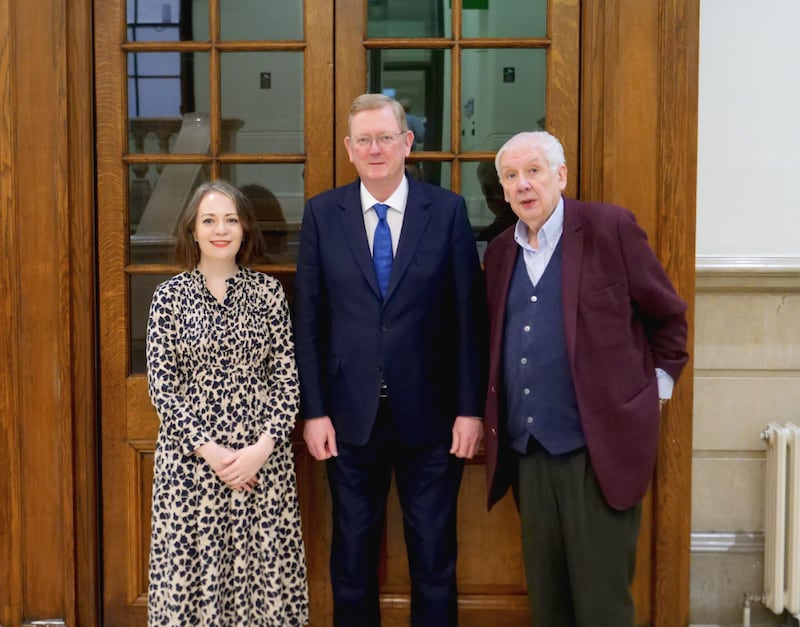The British government’s policy towards the north during the Troubles is to be examined by independent historians as part of a project to write the ‘Public History’ of the conflict.
Five historians will be granted full access to UK state archives to conduct an “independent and authoritative examination”.
The project will be led by Belfast-born peer and historian Lord Bew, an emeritus professor of Politics at Queen’s University, and Dr Caoimhe Nic Dháibhéid, a senior lecturer at the University of Sheffield’s Department of History, who specialises in Irish history and the history of political violence and terrorism.

The pair will co-chair an independent advisory panel “representing a range of expertise and historical perspectives”.
The panel will make recommendations on key details of the project, including the selection of historians to write the ‘Public History’.
Members of the panel include Professor Henry Patterson from Ulster University, Dr Edward Burke of University College Dublin, and Oxford University’s Professor Ian McBride.
The panel is gathering in London this week for its first formal meeting.
Northern Ireland Secretary Chris Heaton-Harris, said of the project: “By opening up government files to independent historians, including the records of previous administrations and those held across different departments and agencies, this Public History will help allow for a fuller examination of the Troubles than has ever been possible before.
“I am grateful to Lord Bew, Dr Caoimhe Nic Dháibhéid and the panel members, whose exceptional knowledge and insight will play a key role in advancing public understanding of Northern Ireland’s difficult past.”
Lord Bew said he has “long advocated for this Public History” and for “opening sensitive information to scholars in the interest of securing a fuller picture of the state’s role during the Troubles”.
“I am delighted to co-chair this varied panel of eminent historians, which is reflective of the broad consultation we have had with over 40 academics,” he said.
Dr Caoimhe Nic Dháibhéid, who is originally from Cork, said: “As a historian, I am supportive of any endeavour to widen access to archival sources. I welcome the government’s commitment to doing so via a transparent and rigorous process, and following extensive consultation with the academic community.”
She added: “I look forward to collaborating with researchers across these islands in the coming months.”








